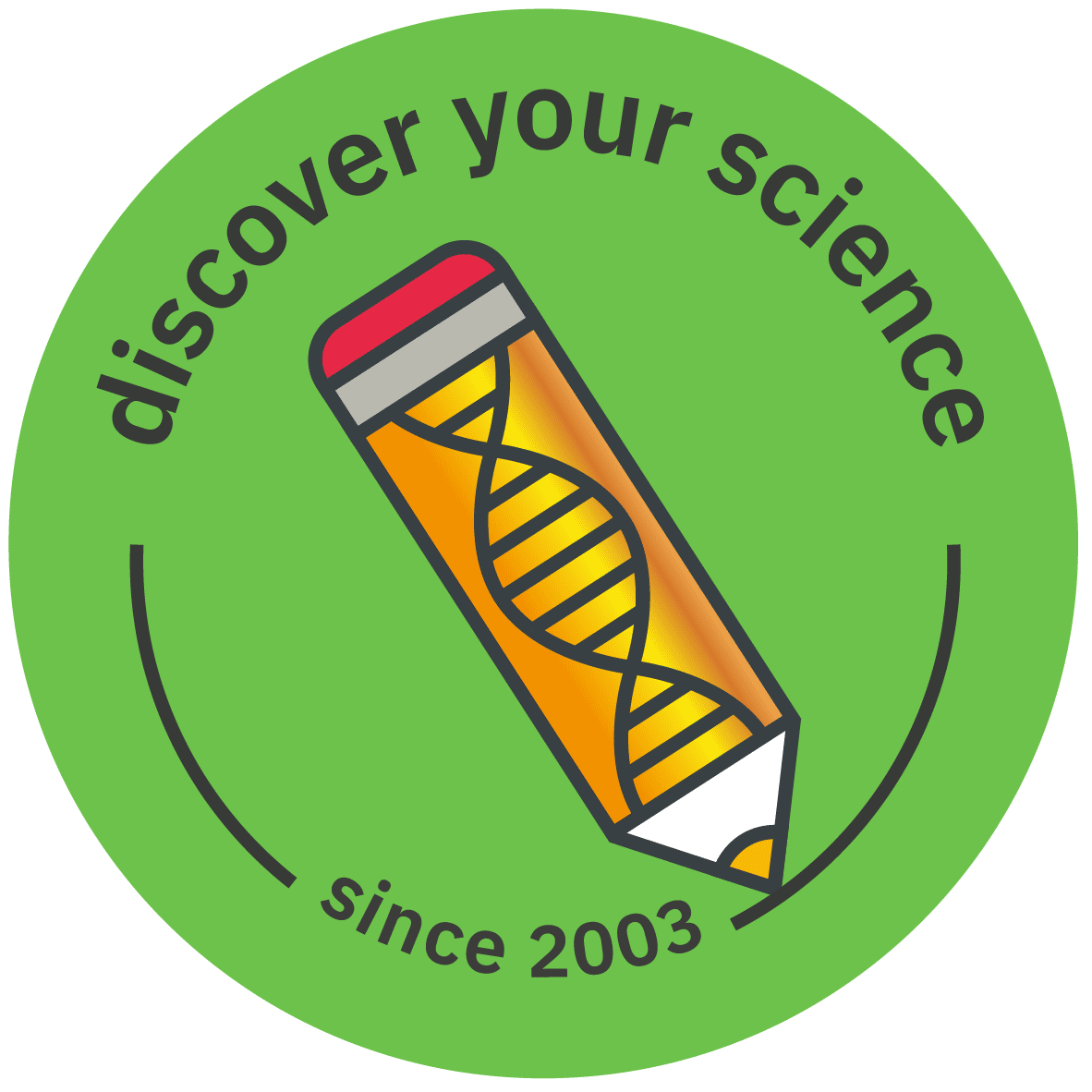The Greek barcode: teachers get hands on at ELLS LearningLAB in Athens
30 Greek secondary school biology teachers and teacher trainers gathered in Athens on the last weekend of April to spend two days exploring new ways of teaching modern biology. The ELLS LearningLAB, which was organised in collaboration with the Institute of Biosciences & Applications at the National Center for Scientific Research (NCSR) “Demokritos” and the Directorate of Secondary Education of Piraeus via its Environmental Education Officer, focused on DNA barcoding as tool to introduce teachers to cutting-edge molecular biology and bioinformatics.
The bubbling mix of teachers from all over Greece seized the unique opportunity to meet active research scientists, visit bioscience research facilities and get hands on in the laboratory themselves. At the centre of the two-day course were the wet-lab practical and bioinformatics module on DNA barcoding – a relatively new molecular method which uses specific marker genes called DNA barcodes to identify living organisms to species level. On the first day, course participants collected sample material from plants growing on the NCSR “Demokritos” campus, extracted plant DNA, amplified a barcoding gene by Polymerase Chain Reaction and prepared the samples for DNA sequencing. On the second day, teachers explored the use of freely-available bioinformatics tools and databases, such as the European Nucleotide Archive, to determine the identity of the plants in question using the information provided by DNA sequencing.

Further key points on the course agenda were the presentations by two Greek scientists, Dr. Florentia Fostira from the Molecular Diagnostics Laboratory at NCSR “Demokritos” and Prof. Zoi Lygerou from the School of Medicine at the University of Patras. Their engaging talks discussed recent developments in their fields of research – breast cancer genetics and genomic stability, respectively – and were accompanied by a lively exchange with the teachers audience.
The programme was complemented by a visit to the Interactive Science and Technology Exhibition of the Eugenides Foundation (a non-profit organisation which aims to contribute to the education of young Greeks in science and technology), where participants could explore teaching pathways surrounding the topics of DNA and biotechnology. The LearningLAB ended with the demonstration of a take-home activity presented by Eugenides staff: using the fascinating process of photosynthesis to print the EMBL logo onto the leaf of a geranium plant.
Biology teacher Marinella Vrachnoula concluded:
“I believe that this LearningLAB has been one of the most constructive professional development courses for teachers I have participated in so far. The topics were on the cutting edge of biology, the presentations by scientists were very interesting, and doing the practical work was a great experience. We all worked with enthusiasm. And this enthusiasm, I think, I have channelled to my students when returning to school after the LearningLAB!”

Enthusiasm was also certainly the driving force behind the fruitful collaboration between ELLS, the Institute of Biosciences & Applications at NCSR “Demokritos” and the Directorate of Secondary Education of Piraeus. The ELLS LearningLAB at NCSR “Demokritos” was initiated as pilot course to test the waters for potential future teacher training workshops in Greece following the same format. The group leader Marina Sagnou truly succeeded in providing a great working environment and atmosphere at the institute during the course. The current ELLS visiting teacher Vasiliki Kioupi, who works as Environmental Education Officer at the Directorate of Secondary Education of Piraeus, served as vital link between ELLS and the Greek biology teachers community, lending her expertise in the professional development of teachers in Greece as well as connecting to her national teachers network.
The ELLS team is already looking forward to meeting the LearningLAB participants again at a follow-up webinar in June!
